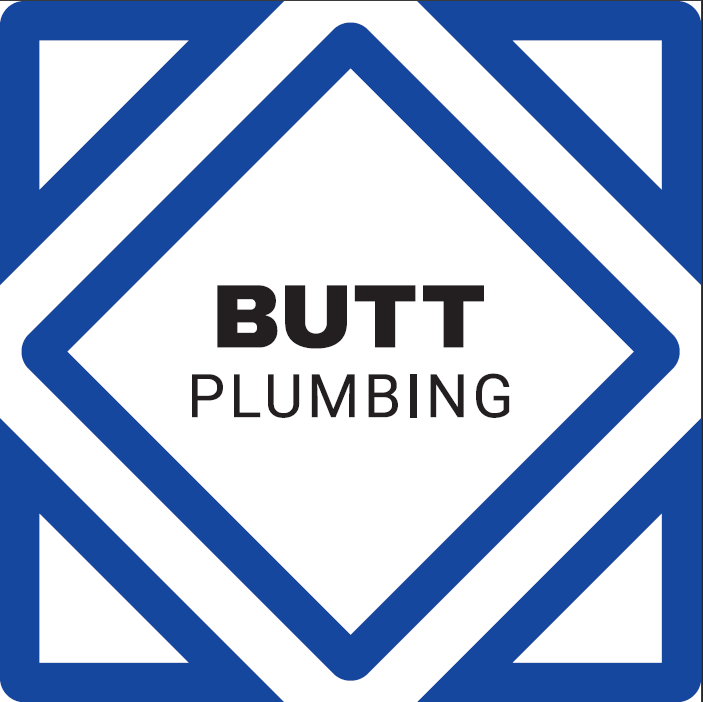WATER HEATER INSTALLATION SERVICES Serving Hendersonville, TN & the Surrounding Area
Water heaters are not only a convenience for homeowners, but they are also a necessity. A home needs to have a steady supply of hot water throughout the year to help with everyday tasks. If your home needs an upgraded water heater, or if you are adding a water heater for the first time, it is crucial to contact professional Water Heater Plumbers for the job.
The Importance of Having a Professional Install Your Water Heater
Professionals should be the ones to install the new water heater for several reasons, including:
- Safety: Installing a water heater involves using different elements of electricity, gas, and water. Professionals know the safety measures needed during the installation process. They also know how to protect your home from potential damages.
- Skillset: Installing a water heater involves more than plumbing skills. Water Heater Installation Serving Hendersonville, TN & the Surrounding Area, also requires knowledge in electrical, carpentry, building codes, and more, ensuring professionals know what they are doing, and the job will be done the first time correctly.
- Cost Effectiveness: Hiring a professional to install your water heater can be more cost-effective than doing the job yourself. Professionals will ensure that the job will be done the first time correctly and offer advice on properly maintaining your water heater, saving time and money in repairs.
Choosing the Right Water Heater
Professional Water heater installation can dramatically impact your home’s comfort levels and costs; therefore, it is essential when choosing a water heater that size, type, and efficiency levels are considered.
Call 615-491-2572 now to get in touch with Butt Plumbing Serving Hendersonville, TN & the Surrounding Area!








